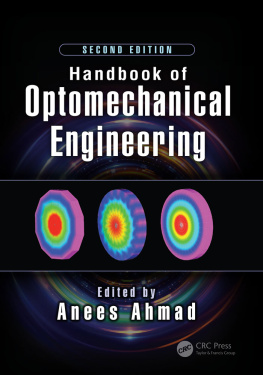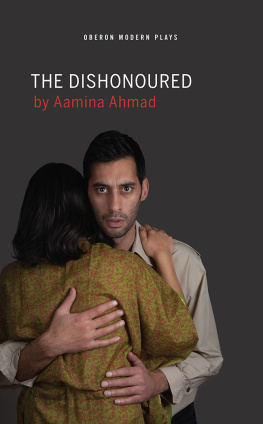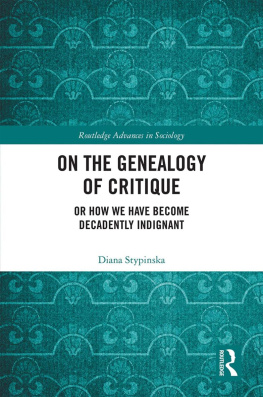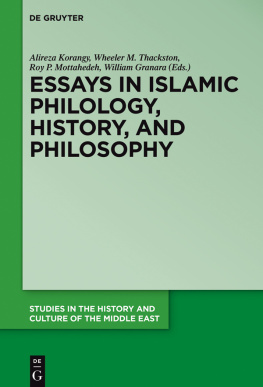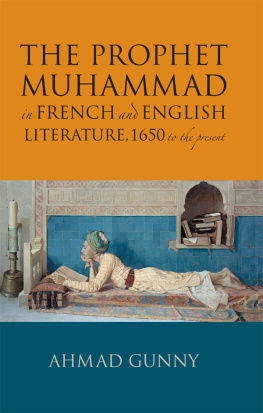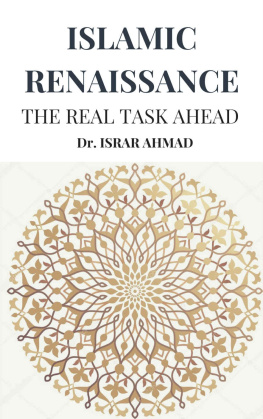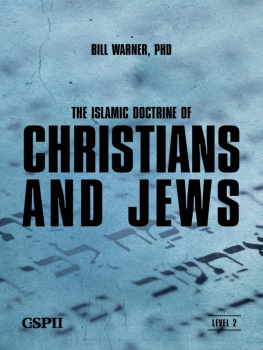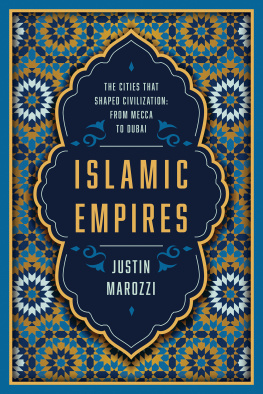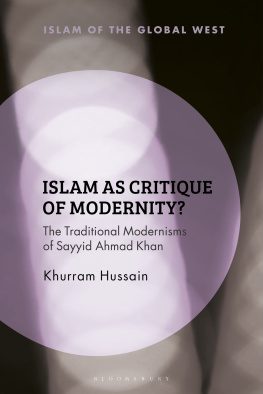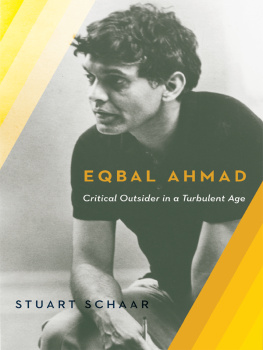Ahmad - Religion As Critique Islamic Critical Thinking from Mecca to the Marketplace
Here you can read online Ahmad - Religion As Critique Islamic Critical Thinking from Mecca to the Marketplace full text of the book (entire story) in english for free. Download pdf and epub, get meaning, cover and reviews about this ebook. City: Chapel Hill, year: 2017, publisher: University of North Carolina Press, genre: Religion. Description of the work, (preface) as well as reviews are available. Best literature library LitArk.com created for fans of good reading and offers a wide selection of genres:
Romance novel
Science fiction
Adventure
Detective
Science
History
Home and family
Prose
Art
Politics
Computer
Non-fiction
Religion
Business
Children
Humor
Choose a favorite category and find really read worthwhile books. Enjoy immersion in the world of imagination, feel the emotions of the characters or learn something new for yourself, make an fascinating discovery.

Religion As Critique Islamic Critical Thinking from Mecca to the Marketplace: summary, description and annotation
We offer to read an annotation, description, summary or preface (depends on what the author of the book "Religion As Critique Islamic Critical Thinking from Mecca to the Marketplace" wrote himself). If you haven't found the necessary information about the book — write in the comments, we will try to find it.
Ahmad: author's other books
Who wrote Religion As Critique Islamic Critical Thinking from Mecca to the Marketplace? Find out the surname, the name of the author of the book and a list of all author's works by series.
Religion As Critique Islamic Critical Thinking from Mecca to the Marketplace — read online for free the complete book (whole text) full work
Below is the text of the book, divided by pages. System saving the place of the last page read, allows you to conveniently read the book "Religion As Critique Islamic Critical Thinking from Mecca to the Marketplace" online for free, without having to search again every time where you left off. Put a bookmark, and you can go to the page where you finished reading at any time.
Font size:
Interval:
Bookmark:
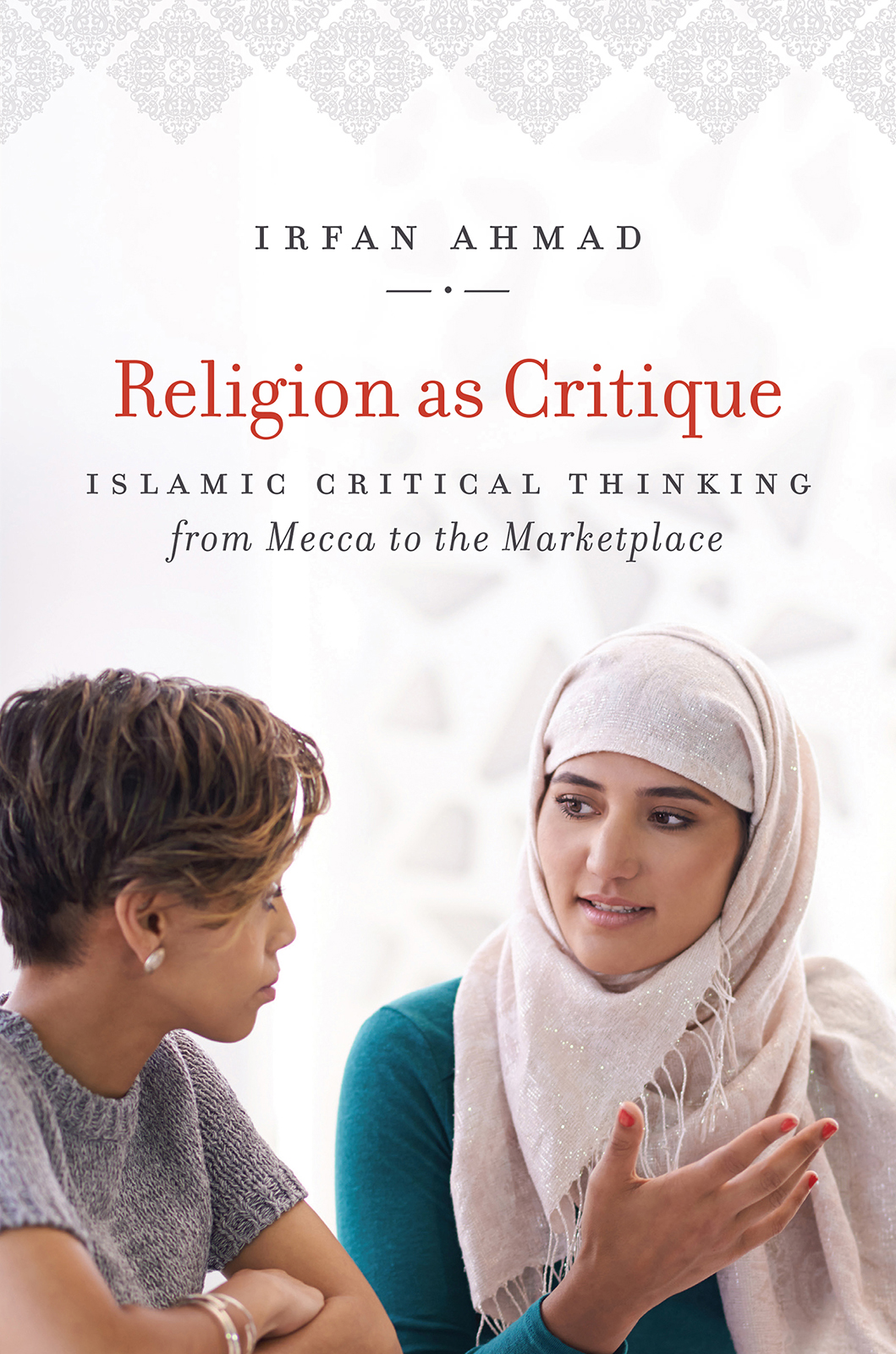
Islamic Civilization and Muslim Networks
Carl W. Ernst and Bruce B. Lawrence, editors
Highlighting themes with historical as well as contemporary significance, Islamic Civilization and Muslim Networks features works that explore Islamic societies and Muslim peoples from a fresh perspective, drawing on new interpretive frameworks or theoretical strategies in a variety of disciplines. Special emphasis is given to systems of exchange that have promoted the creation and development of Islamic identitiescultural, religious, or geopolitical. The series spans all periods and regions of Islamic civilization.
A complete list of titles published in this series appears at the end of the book.
2017 The University of North Carolina Press
All rights reserved
Manufactured in the United States of America
Designed by Rebecca Evans
Set in Merope by Tseng Information Systems, Inc.
The University of North Carolina Press has been a member of the Green Press Initiative since 2003.
Cover photograph istockphoto.com/Tassii
Library of Congress Cataloging-in-Publication Data
Names: Ahmad, Irfan, 1974 author.
Title: Religion as critique : Islamic critical thinking from Mecca to the marketplace / Irfan Ahmad.
Description: Chapel Hill : The University of North Carolina Press, [2017] | Series: Islamic civilization and Muslim networks | Includes bibliographical references and index.
Identifiers: LCCN 2017020949| ISBN 9781469635088 (cloth : alk. paper) | ISBN 9781469635095 (pbk : alk. paper) | ISBN 9781469635101 (ebook)
Subjects: LCSH: Islamic philosophy. | Faith and reasonIslam. | Critical thinking. | Criticism. | Reasoning.
Classification: LCC B745.R4 A36 2017 | DDC 181/.07dc23 LC record available at https://lccn.loc.gov/2017020949
To Abb j, Ayesha, Mubashshir
AND
To the memory of the Aboriginals and their cultures (in Australia and elsewhere), victims of the Enlightenment and Western modernity!

Urdu couplet of Iqbal. Handwritten calligraphy by Mr. Mahmoud Hatamabadi. Used with permission.
Gabriel on Creations Early Morn, gave me a lesson
Do not accept that heart which is a slave of reason
MUHAMMAD IQBAL, Sul t n tp k vaat (which figures in arb-e-kalm, The Staff of Moses)
PART I
Formulation
PART II
Illustration
FIGURES
Urdu couplet of Iqbal
Cover of Manzur Nomanis book, 1980
Cover of Tajall, November 1966
Special issue Critique (tanqd) Number of Tajall, 1965
Statues of tigers at Al-Hambra, 2004
TABLE
Table 1. Forms of interventions and their status
On 29 August 2012, a day after Tom Hollands debatable documentary Islam: The Untold Story (based on his book In the Shadow of the Sword) was broadcast on Britains Channel 4, journalist-writer Ed West published a blog post in the Telegraph titled Can Islam Ever Accept Higher Criticism? West (2012) summarized the aim of the atmospheric and intelligent documentary as an examination of the early history of the religion [Islam]... to explain what evidence we have for the traditional history, as viewed by the faithful. Quoting from Holland, West concluded that this evidence is almost non-existent. In the rest of his post, West gave one piece of evidence after another to endorse Hollands documentary. To mobilize credibility for the film, West clarified that Holland was not anti-Islam. Toward the end of his post, West referred to Seyyed Hossein Nasr, a well-known scholar of Islam at George Washington University who appears in the documentary, as follows: He feels culturally under attack from Western-dominated criticism. West concluded with patronizing advice: If the Islamic world is to go forward... it needs to face these uncomfortable questions and embrace the pain of doubt.
West aimed to show that Islam knows no critique and is unlikely to embrace critique in the future, as the title of his post made amply clear. For West, even a professor like Nasr is threatened by Western-dominated criticism. That Muslims have been and are critics was well beyond Wests ken. Importantly, in posing the question, Can Islam Ever Accept Higher Criticism? it never occurred to West that his own commentary on Holland in the Telegraph was far from critical.
In contrast to the conventional wisdom on Islam exemplified by Wests blog post in the Telegraphand shared widely by most academics, nonacademic intellectuals, and the general publicReligion as Critique: Islamic Critical Thinking from Mecca to the Marketplace demonstrates multifaceted thriving traditions of critique in Islam, laying bare the principles, premises, modes, and forms of critique at work. It discusses believers in Islam as dynamic agents, not mere objects, of critique, for which the standard word in Urdu is tanqd or naqd. Based on ethnographic fieldwork in India, it foregrounds critique and tradition as subjects of anthropological inquiry in their own right. Since tradition is reducible neither to nationalized territory nor to its official temporality, the book travels across both. Departing from standard Enlightenment understandings, according to which religions, especially non-Protestant ones, could only be objects of critique, this book in your hands or on your screen theorizes religion as an important agent of critique, viewing Moses, the Buddha, Christ, Muhammad, Abdul Ghaffar Khan, Abul Ala Maududi, and many others as critics par excellence. In the course of this inquiry, Religion as Critique offers a different genealogy of critique in Urdu/Islam, transcending as it does ancient Greece and its assumed inheritor, the modern West, as the customary prime loci of critique. Using an anthropology of philosophy approach, it interprets the Wests Enlightenment as a sign of its ethnic identity, thereby calling its universalism into question. Engaging with literature on the anthropology of the Enlightenment, it brings the Western Enlightenment tradition of critique into conversation with Islamic tradition to analyze differences as well as similarities between the two. Beyond perfunctory apologia such as, Muslims also have a notion of critique like the West has, it argues for the specificity of Islam and the need for a genuinely democratic dialogue with different traditions. As it examines the contours and parameters of critique, using sources in English, Hindi, Farsi, and Urdu, it expands the scope of critique, hitherto confined to canonical texts and extraordinary individuals, like salaried philosophers, academics, critics, and intellectuals, to the everyday life intertwined with death of ordinary actors such as street vendor, beggars, and illiterate peasants. In short, Religion as Critique brings critique to the academic stage as an ordinary social-cultural practice with an extraordinary salience. Rather than present critique as an isolated, merely mental exercise, the book aspires to lay bare the very life critique belongs to and seeks to enunciate. Thinking past the available descriptions of critique as unmasking, disclosing, debunking, and deconstructing (Fabian 1991), it argues that critique is simultaneously a work of assemblage and disassemblage, with signposts to a world to come. By its very nature, it is neither neutral nor objective in the sense that these twin words are usually understood or used to claim impartiality, even detachment. In many ways, critique indeed presupposes some degrees of attachment as well as detachment.
Font size:
Interval:
Bookmark:
Similar books «Religion As Critique Islamic Critical Thinking from Mecca to the Marketplace»
Look at similar books to Religion As Critique Islamic Critical Thinking from Mecca to the Marketplace. We have selected literature similar in name and meaning in the hope of providing readers with more options to find new, interesting, not yet read works.
Discussion, reviews of the book Religion As Critique Islamic Critical Thinking from Mecca to the Marketplace and just readers' own opinions. Leave your comments, write what you think about the work, its meaning or the main characters. Specify what exactly you liked and what you didn't like, and why you think so.

